Faculty
January 17, 2025 2026-01-26 18:21Faculty
Faculty
NESA Center faculty are known experts in their fields and are often contacted by media outlets and academic institutions for speaking engagements and opinions. Interviews with our subject matter experts, including current and former high-level government leaders, ambassadors, ministers, field and flag-grade military officers, and professors, must be scheduled by contacting the NESA Center Media and Communications office through our contact form. Read below for information on NESA Center faculty members and academics.
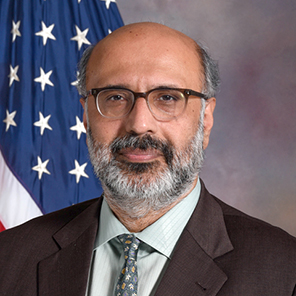
Dr. Hassan Abbas
Distinguished Professor
Areas of Interest:
Security, Religion & Politics in South Asia & Middle East, Rule of Law & Policing in Developing States, Building Narratives for Preventing & Countering Violent Extremism
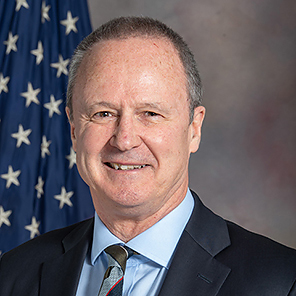
Mark Bibbey
Associate Dean and Academic Adviser
Mark Bibbey is an Associate Dean and Academic Adviser at the Near East South Asia Center for Strategic Studies.
.
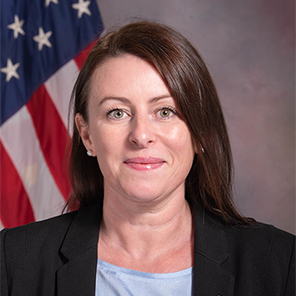
Andrea Brewington
Academic Adviser
Areas of Interest:
Military Education and Training Design, Systems Approach to Training, Talent Management and Human Capability Optimization, Organisational Bias and Managing Change, Lessons exploitation, Faculty Development, Accreditation
.
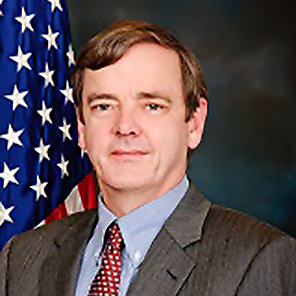
John (Jack) H. Gill
Adjunct Professor
Areas of Interest:
Intelligence, Military History, India and Pakistan, Afghanistan, South Asia
.
.
.
.
.
.
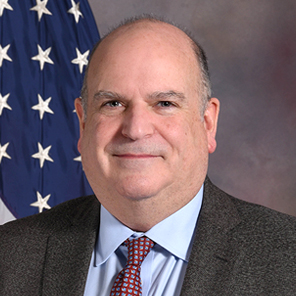
Charles B. Marks
Associate Dean & PME Expert
Areas of Interest:
PME, University Design, Accreditation, Faculty Development, Strategy and Strategy Development, National Security Policy Development, Disaster Response Preparedness, Organizational Change Management, Maritime Domain
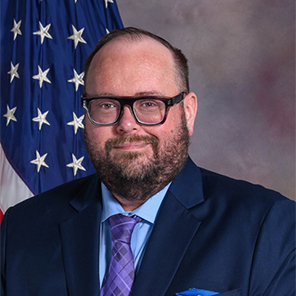
Jeffrey Payne
Assistant Professor
Areas of Interest:
Chinese Foreign Policy, Indo-Pacific Affairs, Maritime Security, Technology and Defense Sector
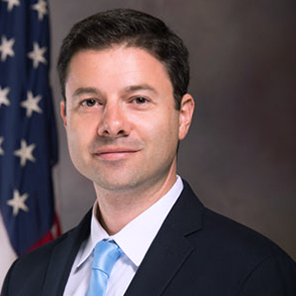
Dr. Michael Sharnoff
Associate Professor
Areas of Interest:
The History and Politics of Egypt and the Levant, The Arab-Israeli Conflict, Abraham Accords, U.S. Foreign Policy in the Middle East
.
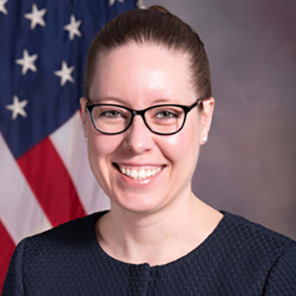
Brianne Todd
Professor of Practice
Areas of Interest:
Central Asia, Caspian Sea, U.S. Foreign Policy Toward Central Eurasia, National Security Planning, Security Cooperation.
.
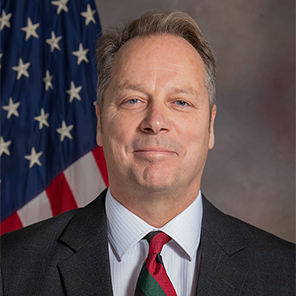
Thomas Wagstaff
Academic Adviser
Thomas Wagstaff is an Academic Adviser at the Near East South Asia (NESA) Center for Strategic Studies.
.
.
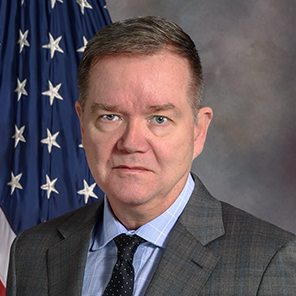
Richard Wiersema
Associate Dean
Areas of Interest:
Professional Military Education, Senior Leader Development, Strategy and Planning, Decision Making

Terry Wolff
Distinguished Professor
LTG (Ret.) Terry Wolff is a Distinguished Professor at the Near East South Asia Center for Strategic Studies.

